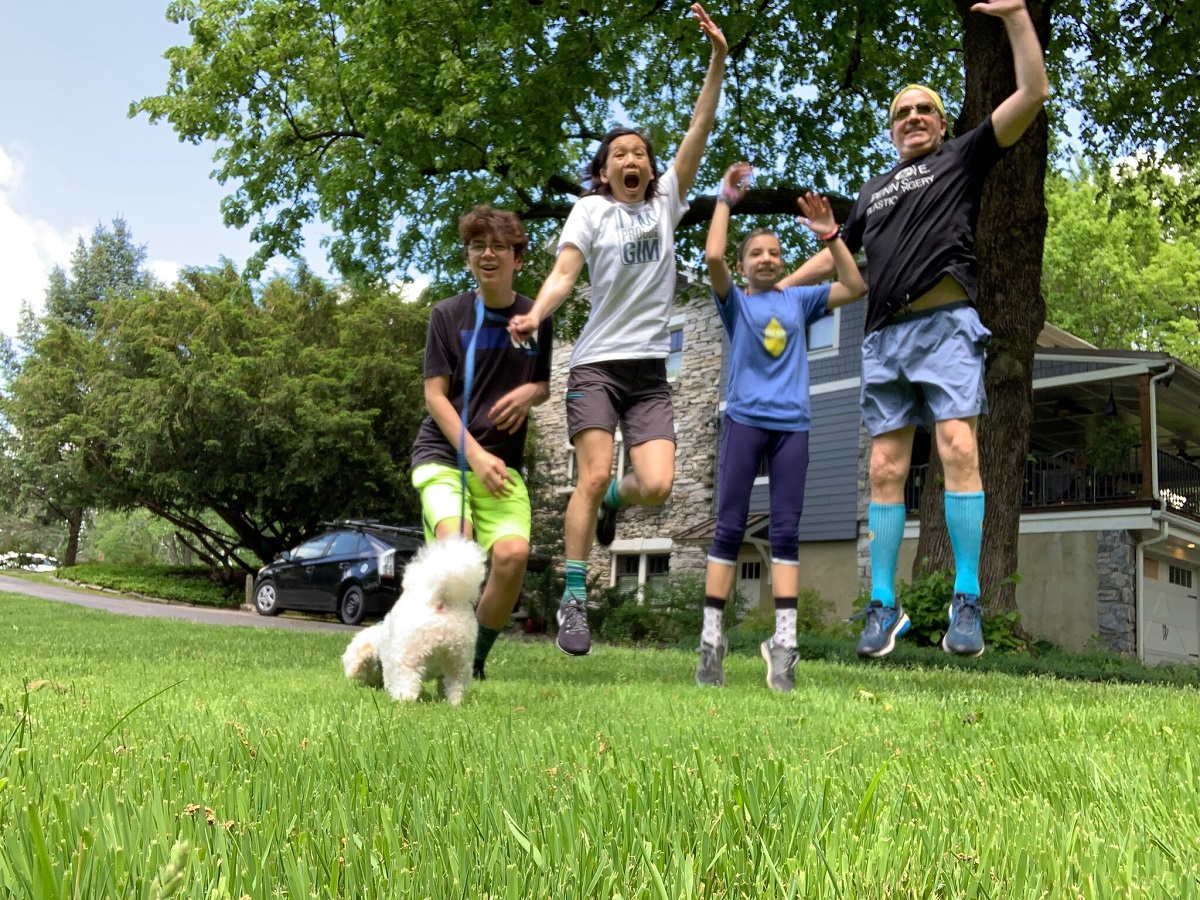Giving effort to help families at risk for food insecurity reaches nearly $50,000

During a weekly meeting in the early days of the COVID-19 pandemic, Dr. Susan Borys shared a story about two teens who were living home alone without food because both parents had been hospitalized with the virus.
When Borys and her Division of General Internal Medicine colleagues at Penn State Health Milton S. Hershey Medical Center stepped in to help, they soon learned that food insecurity extended beyond COVID-positive patients to include others confined to their homes—either because of quarantine or because caregivers in the house were sick.
With the help of Drs. Cynthia Chuang, Borys and Alia Chisty, faculty, students, social workers and development staff partnered to identify a solution to this emerging crisis. Their answer: two months ago, the Families in Need COVID Relief community giving effort launched.
In its first week, the effort raised over $12,000 to support the Community Relations Fund and cover the cost of food boxes for people affected by COVID-19, who lived within an hour radius of Hershey Medical Center. Outreach from medical students, residents and social workers—led by Yen Doan, third-year medical student, and Ashley Visco, Penn State Health community health director—also prompted referrals to the Caring Cupboard of Palmyra and the Central Pennsylvania Food Bank to meet ongoing food insecurity needs for local families.
Point at the image below to reveal slideshow player controls.

Support has continued thanks to a friendly competition championed by internal medicine physicians Drs. Stephen Henderson and Eliana Hempel—a virtual 5k race during Memorial Day weekend. Eleven teams raised an additional $33,500 through the virtual race, bringing the overall total to date to nearly $50,000 in support of food insecurity relief efforts.
Families in Need COVID Relief by the numbers
If the pandemic worsens, Borys is optimistic that the Milton S. Hershey Medical Center and Penn State College of Medicine will be ready for the unique challenges quarantine poses to local families based on the social determinants of health.
From the beginning, medical students have been an integral part of follow-up care and contact tracing efforts.
“Our early interventions with patients during the first weeks of the pandemic were very helpful in identifying patients at risk,” Borys noted. “We were always one step ahead, and I am very proud to be part of a division that actively engages staff, students and community partners to do this important charitable work.”
If you're having trouble accessing this content, or would like it in another format, please email the Penn State College of Medicine web department.
